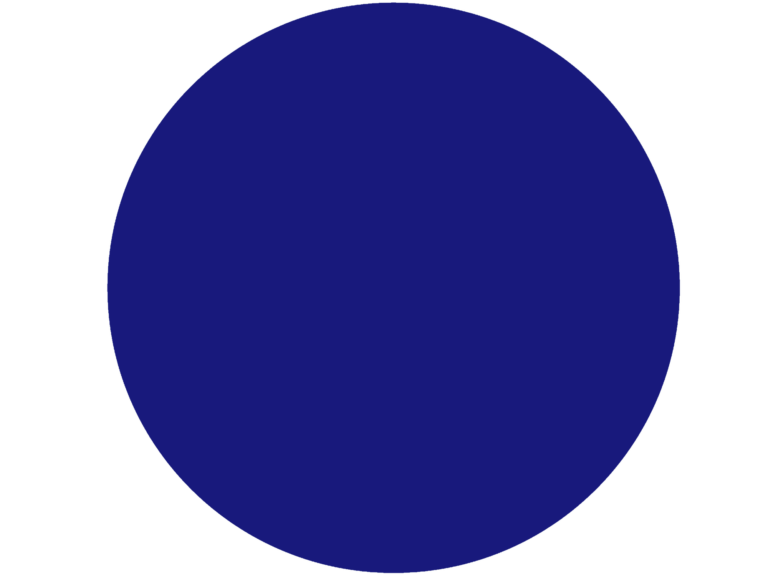Important Innovations of the Study Support Act Amendment 2022
Here you can find an overview of the positive as well as negative changes.
Positives:
Increase in student grants (§§ 26-28 StudFG):
The monthly amounts are increased. Thus, for example, students under 24 who still live at home receive € 362. If you have already moved out, in many cases you will receive € 632. From the 24th birthday you will receive € 891 and from the 27th birthday € 923. Supplements are available for students with children or for students who have a significant disability.
New calculation of study grants (§§ 26-28 StudFG)
Tuition assistance is calculated based on basic and incremental contributions (e.g., for age, parenthood, out-of-state, self-support, disability, etc.). The family allowance is no longer deducted from the student allowance. Attention! The federal government is currently planning to increase student grants on a regular basis in the future.
Increase of income limits for parental income (§ 28 StudFG)
Tuition assistance is calculated based on basic and incremental contributions (e.g., for age, parenthood, out-of-state, self-support, disability, etc.). The family allowance is no longer deducted from the student allowance. Attention! The federal government is currently planning to increase student grants on a regular basis in the future.
Raising the age limits (§ 6 StudFG)
The age limits were raised by 3 years. The bachelor’s program must be started before the 33rd birthday and the master’s program before the 38th birthday.
Childcare allowance already earlier (§ 52d StudFG)
Childcare subsidy can now be applied for and received as early as the 3rd semester of study.
Facilitation of study grants after self-support (§ 31 StudFG)
The “Selbsterhalter_innenstipendium” is renamed “Studienbeihilfe nach Selbsterhalt”. What is new is that you can also receive this if you have previously received student aid for another course of study.
Longer deadline for admission to doctoral studies (§ 15 Abs 3 StudFG)
You can start your doctoral studies within 24 months after graduating from a master’s or diploma program instead of within 12 months. There may be 24 months between completion of the pre-doctoral program and the doctoral program.
Improvement in the application deadline (§ 39 para 2 StudFG)
Applications for student aid submitted after the application deadline are valid as of the month of application. Previously, the study grant could be paid out from the following month at the earliest.
Improvement in the mobility grant (§ 56d StudFG)
A residence of at least 5 years in Austria is no longer required.
Increase of the deduction for siblings with disabilities (§ 30 StudFG)
The deduction for siblings with at least a 50% disability is increased from € 2,200 to € 3,000.
Increase of aid for studying abroad (§ 56 StudFG)
The allowance for study abroad is increased from € 582 to € 630.
Negative
- Disadvantage for diploma students
- Tightening up on the study grant
- Shorter application deadline for study abroad aid
- Reduction of the minimum payout for study support.
Disadvantage for diploma students (§ 15 Abs 3 StudFG)
Diploma students who receive study grants in the 2nd stage of their studies and then change their studies are excluded from continuing to receive study grants.
Tightening of the study grant (§ 52c StudFG)
The minimum payment amount per year is increased from € 60 to € 120. Below that, no more tuition subsidies will be paid.
Shorter application deadline for aid for studying abroad (§ 55 StudFG)
The study abroad grant must be applied for within 3 months of the start of the study abroad program. Previously, this could be applied for up to 3 months after the end of the study abroad program.
Reduction of the minimum payment for study support (§ 68 Abs 1 StudFG)
The minimum payment amount for study support was reduced from € 180 to € 120 per year.

